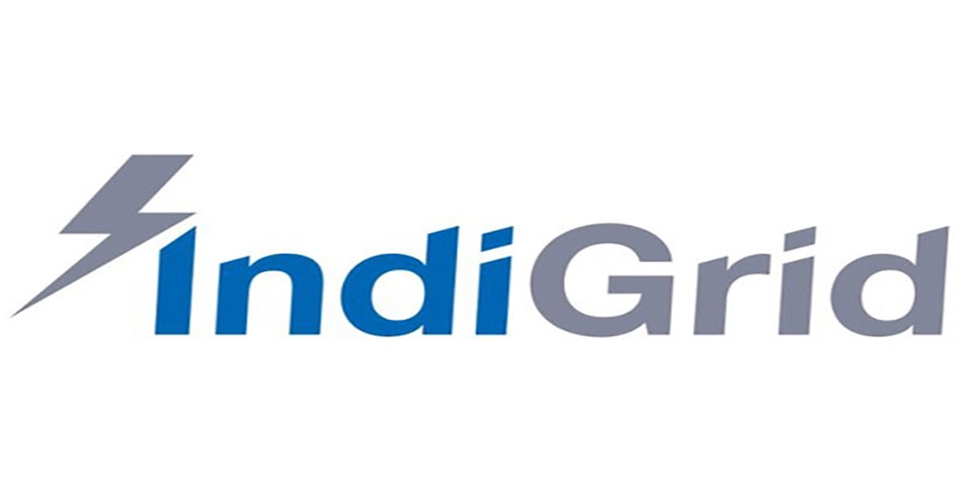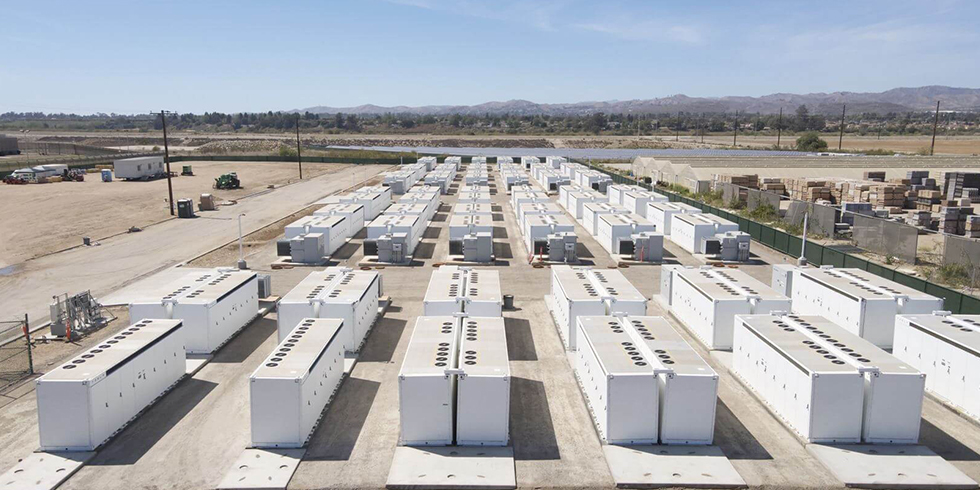India’s ministry of new and renewable energy announced the approval of a new solar research and technology institute.
The union cabinet approved plans for the National Institute of Solar Energy (NISE) to work alongside the ministry to advance solar technology capabilities in India, as proposed in the 2010 national solar strategy, Jawaharlal Nehru National Solar Mission (JNNSM).
The announcement surfaces amid tensions with India’s solar developers at loggerheads with domestic manufacturers over international dumping accusations, with the outcome of the investigation pending.
NISE will be an overhaul of the current Solar Energy Centre in Haryana, India, established in 1982 for the development, testing and evaluation of solar technologies.
The refurbishing of national solar research will focus on commercialisation and cost efficiency, to motivate developers in using nationally sourced solar equipment, by keeping pace with international competitors and raising efficiency.
Changes include restructuring management, seeking highly skilled employees and implementing a national committee for review and strategy with industry, scientific and financial representation, comparing products on an international scale to advise on an industry roadmap.
According to the ministry, the centre will be part government funded with private partnerships welcomed.
India is also home to the Solar Energy Research Institute for India and the United States (SERIIUS), a cooperation of the Indian Institute of Science (IISc) and the US National Renewable Energy Laboratory (NREL). SERIIUS jointly works towards India’s national solar initiative (JNNSM) and the US SunShot Initiative, to lower the cost per kWh of solar generated energy.
Raj Prabhu, CEO of Mercom Capital Group, a clean energy communications and consulting firm told PV Tech: “While I applaud the government on following through with this portion of their roadmap, the current market conditions are very different than they were in 2010.”
Prabhu said the Domestic Content Requirement (DCR) restrictions placed on developers to use domestic solar technology will harm the industy by locking out other already commercially proven technologies.
Prabhu added: “It remains to be seen how the National Institute of Solar Energy will differ [from other solar R&D centres in India]" and that “the best and most efficient way to create and commercialise new technologies is through the private sector".
New solar energy research institute for India











Add Comment